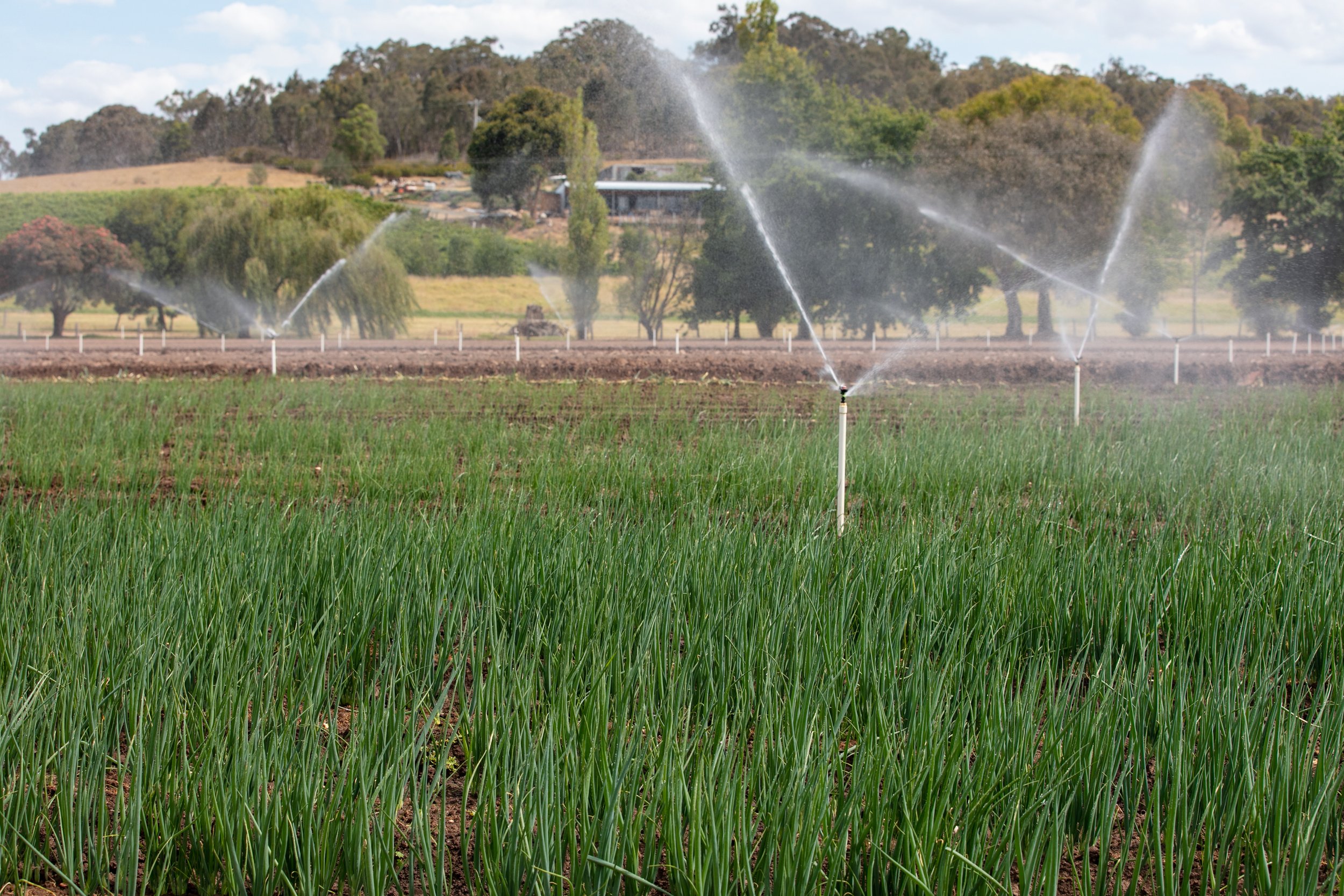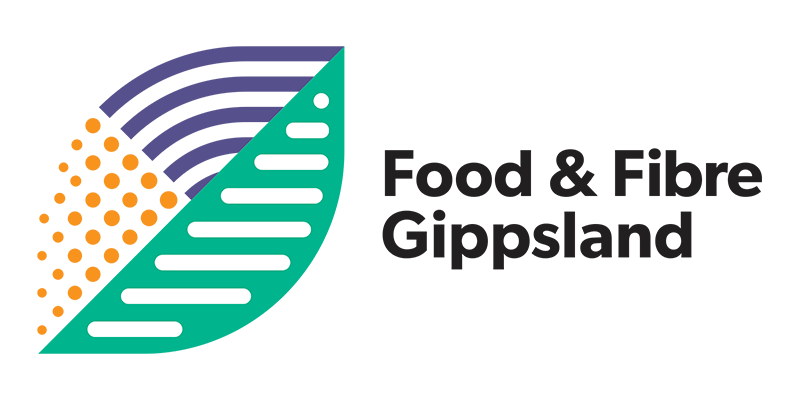
Accelerating the Engagement of Culturally and Linguistically Diverse (CaLD) Workforce into Victorian Agricultural Communities Program
The Accelerating the Engagement of Culturally and Linguistically Diverse (CaLD) Workforce into Victorian Agricultural Communities Program is being managed by Gardiner Foundation with co-funding from Agriculture Victoria and features two key components:
Development of a guide (based on the framework previously drafted by RMCG and in consultation with key stakeholders) to outline the steps required to address the previously identified factors that strongly influence the success of well-integrated CaLD workforce in agriculture; and
Implementation of two initiatives in Northern Victoria and the Leongatha-Maffra-Newry region, also known as the Macalister Irrigation District (MID), include the use and ‘testing’ of the guide.
Food & Fibre Gippsland is responsible for delivering the Leongatha-Maffra-Newry component.
The Australian agricultural sector is currently experiencing a workforce and skills shortage. The dairy and horticultural industries have reported persistent recruitment challenges for skilled workers. This is in part due to on-farm technological advancement as well as changes to agricultural visas and awards. Both sectors have identified supporting regionally and rurally-based CaLD communities to transition into agricultural jobs as an opportunity to expand the workforce.
While 11% of the agricultural workforce consists of skilled and unskilled workforce from CaLD backgrounds, the full potential of these workers has not yet been realised. This may be due to:
businesses being unaware of the value of migrant workers;
businesses are unaware of how to attract and retain CaLD workers;
culturally unsafe work environments;
language barriers; or
a lack of community and social relationships.
CaLD workers have diverse skills, experiences and ideas that could fill identified skills gaps in Australian agriculture.
Investment and support for these communities are essential for the retention of CaLD workforces.
Considerable research has been conducted by Agriculture Victoria to identify and understand factors that influence the attraction and retention of CaLD communities.
Using this knowledge, the project seeks to develop a framework for targeted place-based support in two of Victoria’s agricultural regions.
The framework will be informed by practical resources and previous research, ensuring CaLD workers are supported to transition into agriculture.
Rather than aim to solve systemic rural and regional workforce constraints, this project instead aims to deliver place-based solutions to reduce barriers for CaLD people entering the agricultural industry.
It will achieve this by influencing and supporting CaLD workers and agricultural businesses, while advocating for solutions to systemic barriers.
Why the Macalister Irrigation District (MID)?
Leongatha-Maffra-Newry (Macalister Irrigation District) was selected for this project as the region :
is one of Gippsland’s largest employers in the agricultural industries of dairy, beef and horticulture;
has a high population (5-10%) of people from CaLD backgrounds working in agriculture; and
has one of the highest migration rates in Victoria of people from CaLD backgrounds.
The Maclister Irrigation District is therefore an area well suited to investigating how to successfully engage and retain CaLD workers in the agricultural industry
The aim of the program is to build on the foundational work of Agriculture Victoria, to support agricultural businesses to engage and retain CaLD communities in the industry.
Objectives:
Improve industry workplace cultural awareness, skills and capability to attract and retain CaLD people to roles in their businesses
Develop and enhance stakeholder relationships that enable ongoing coordination action to support CaLD engagement in agriculture
Develop a replicable approach for CaLD engagement in agriculture that benefits other agriculture regions in Victoria and around Australia
For any enquiries relating to this program, please contact us via email:
What to expect when working in Gippsland
These videos show what it’s like working on dairy and vegetable farms in Gippsland. The first video was filmed at Kaedem Dairy in South Gippsland, while the second video shows Bulmer Farms’ horticulture business at Lindenow in East Gippsland.










